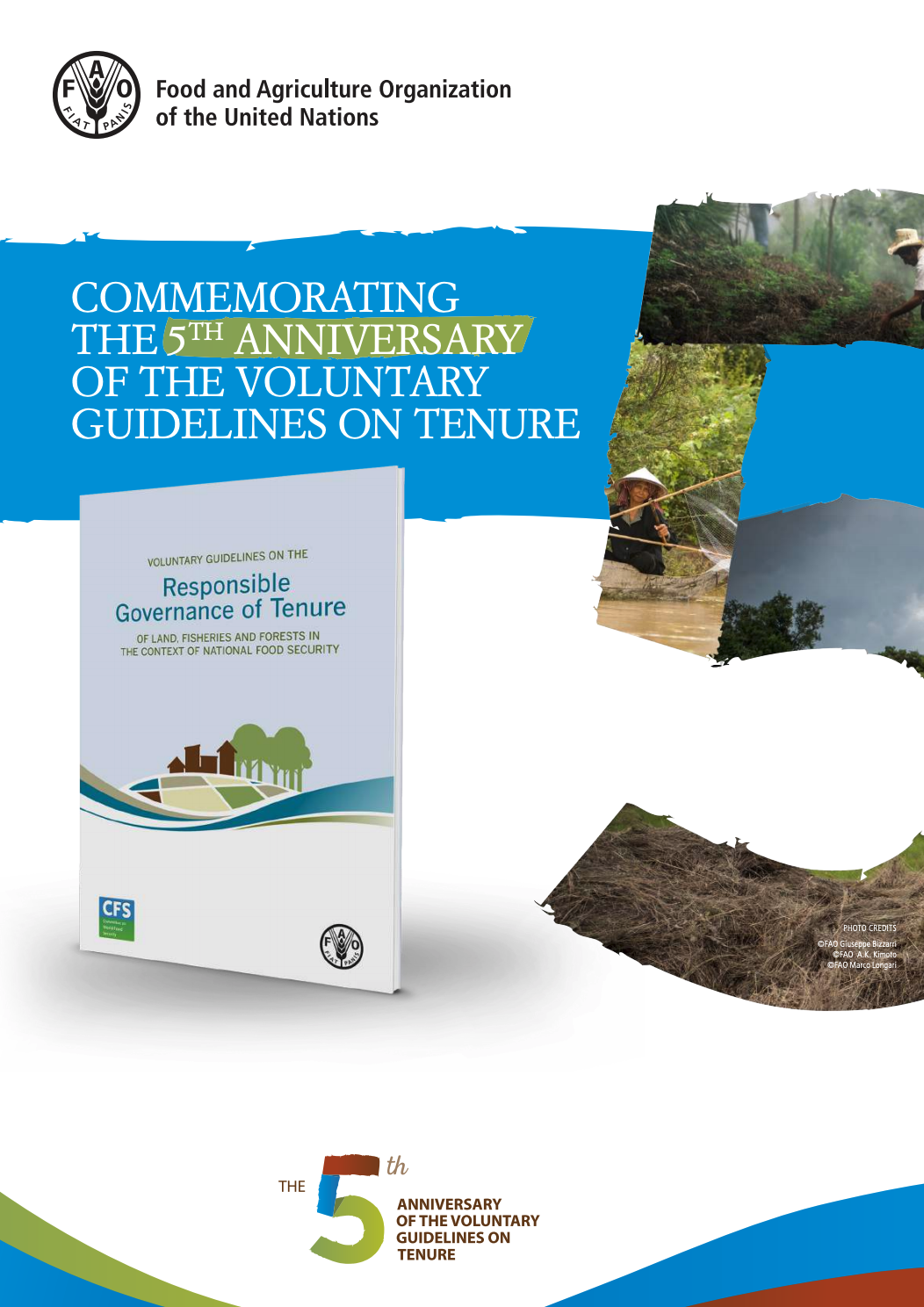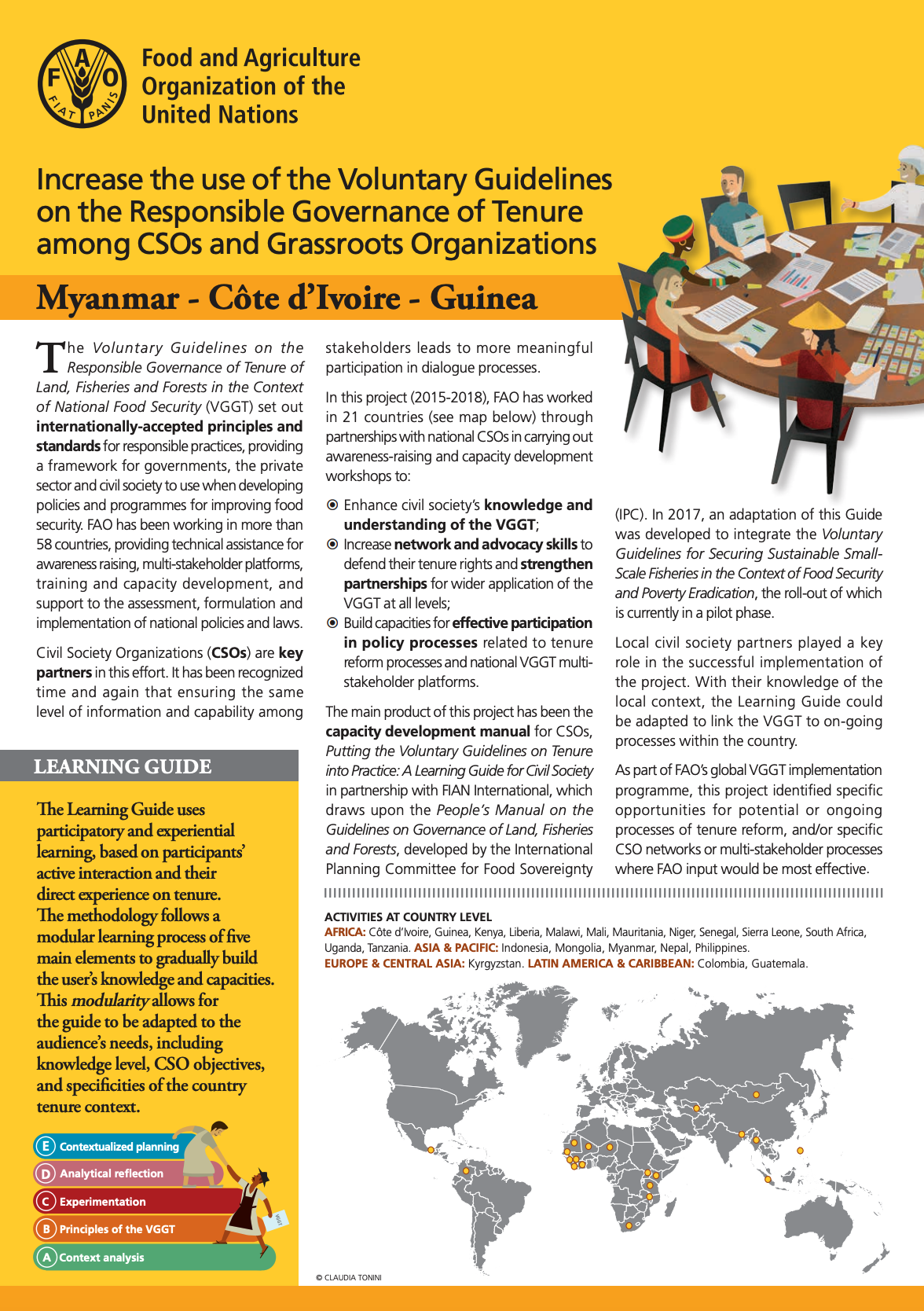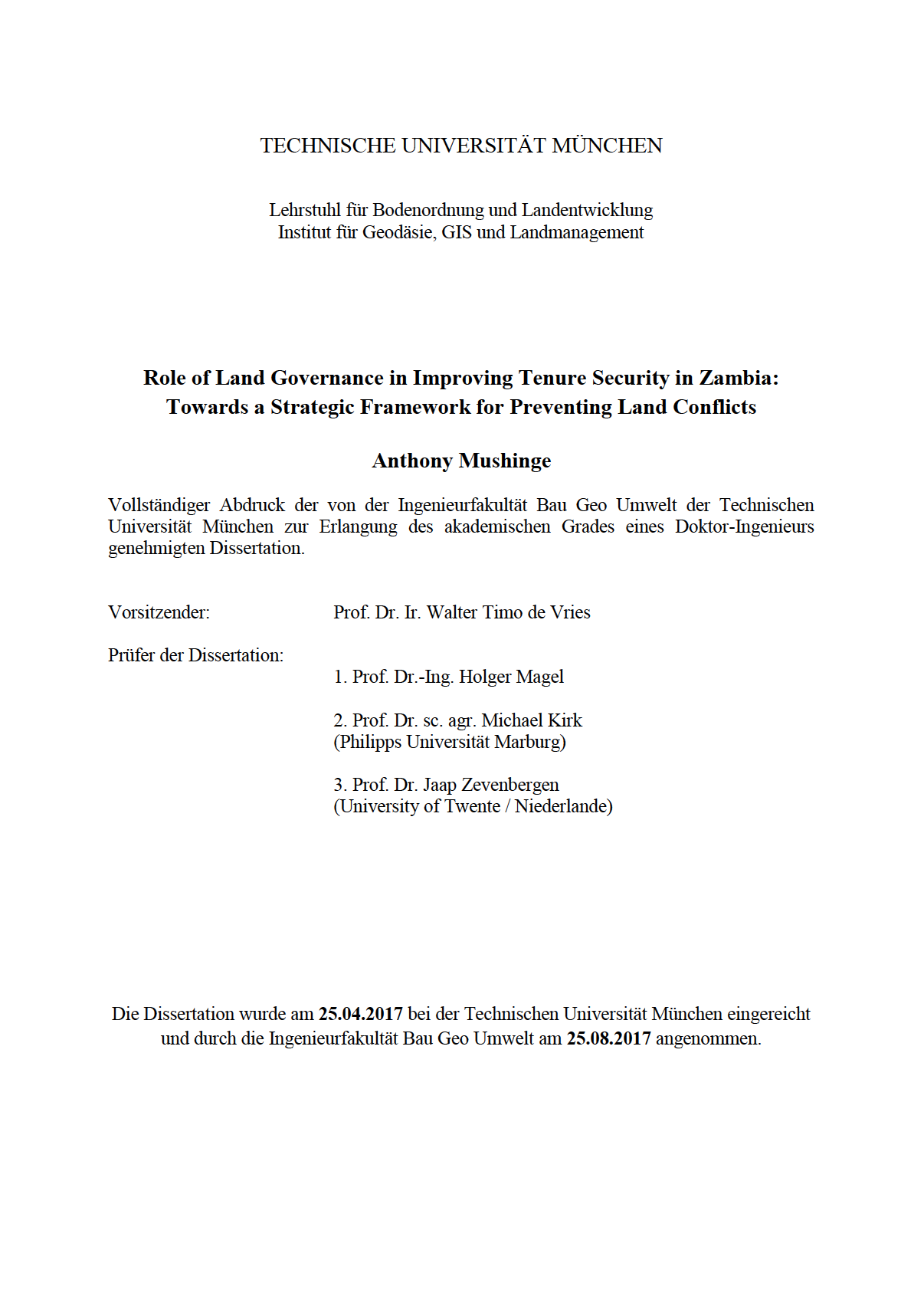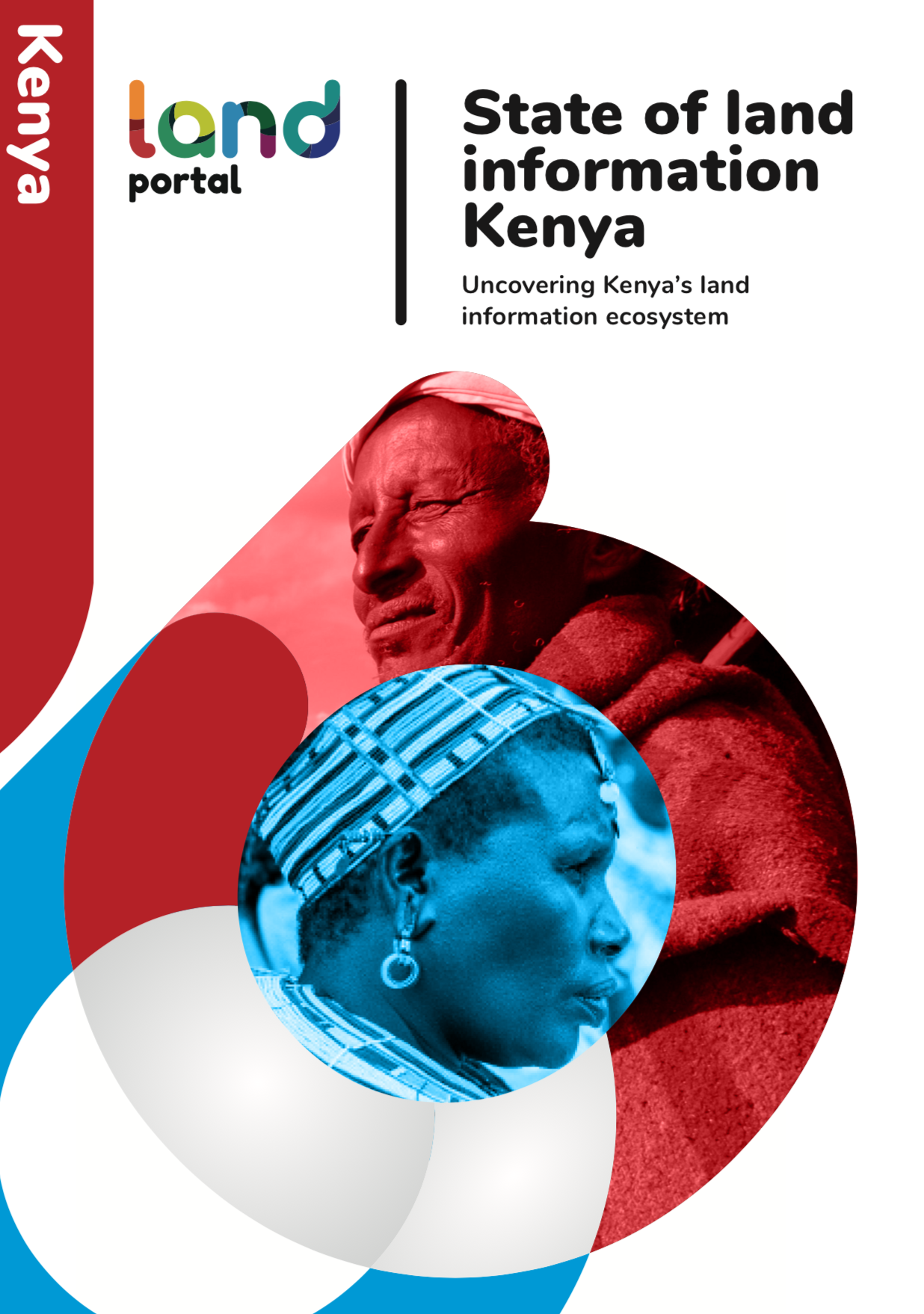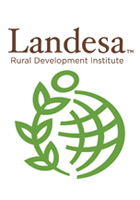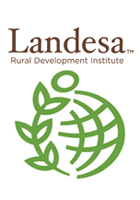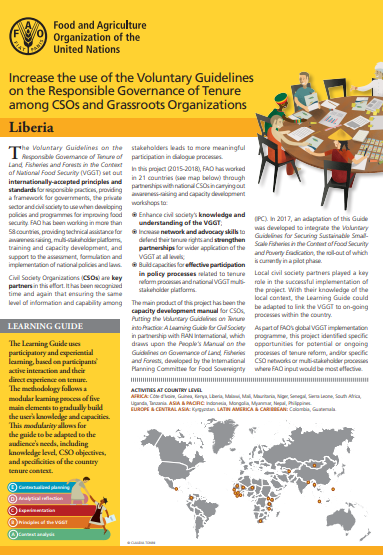Commemorating the 5th Anniversary of the Voluntary Guidelines on the Governance of Tenure
In the five years since the Voluntary Guidelines on the responsible Governance of Tenure (VGGT) was endorsed, the Guidelines have inspired policy and legal reforms in countries, from Gabon to Guatemala, making a real difference to people's lives.

